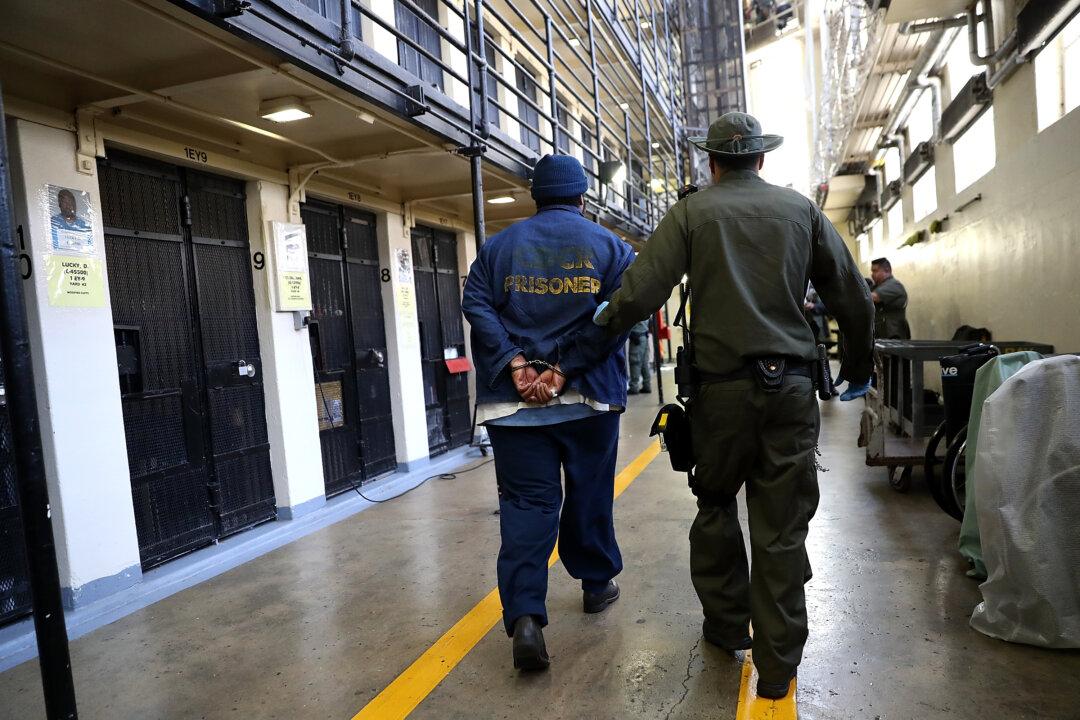A bill allowing some inmates sentenced to life without parole the chance of a reduced sentence did not receive enough votes to proceed past the Assembly floor Sept. 14 and was subsequently placed on the inactive file—thus allowing the measure to be reconsidered next year.
“This fight isn’t over yet,” Assemblyman Juan Alanis (R-Modesto)—who voted against the measure—told The Epoch Times by email Sept. 19. “People need to remain vigilant in this fight and be prepared to speak with even a louder voice in 2024.”





